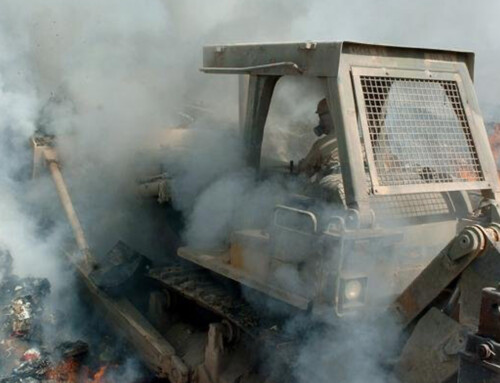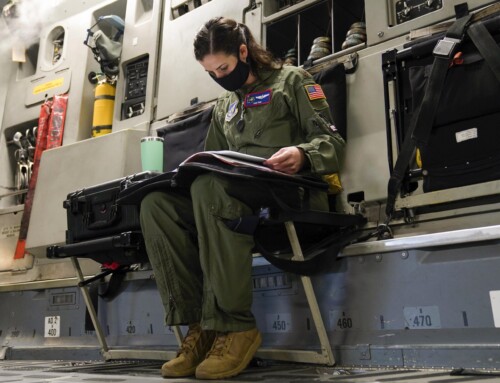Retiring from the military and moving into civilian life is a big step to take. You’re used to living a certain way, taking or giving orders, and performing duties related to your training.
While you may not miss the lifestyle or the commands, you do leave with a skill set ready to be utilized. And you might be surprised to learn that certain industries are looking for experienced employees with the ability to walk onto the “shop floor” and start work with a reasonable amount of training. Transitioning from military to civilian life and earning a living is easier than you think when you consider one of the following industries for employment.
Aircraft Technician
Aviation is an industry in which a wave of retirement is washing up against a major global expansion. The median age of aviation technicians and mechanics in the United States is 51 years old, and not a lot of younger people are stepping up to take their place. The Aviation Technician Education Council’s Pipeline Report predicts that a record number of technicians in the aviation industry will be retiring by 2027. Simultaneously, the airline industry will add an estimated 10,000 planes by 2027, a 40 percent increase in capacity. Although the aviation field won’t be the only one affected by mass retirement, without replacing retiring workers, the industry will find itself hampered in its plans to bring online new planes that are more technologically advanced than ever before.
This is where people with military aviation training can take advantage of the foreseeable shortage of employees — especially women, as the industry is looking to recruit more females, who now make up 2.3% of the certificated mechanic workforce, up from 1.7% in 2001. The shortage means you can write your own ticket just about anywhere in the nation. If you feel you’re not getting anywhere in a specific market, you stand a good chance of finding better employment in another market. All you need is the flexibility to pack up your belongings and find an apartmentwherever you decide to go.
Construction Equipment Operator
The construction industry is always in need of qualified people to operate machinery. If you spent time behind the controls of heavy equipment while in the military, you’re almost a shoo-in to become an equipment operator. Controls on civilian machinery are slightly different from military equipment, but experienced operators are able to adapt and get to work quickly. You’ll have to get certifications from the state to operate the equipment, but once you’ve obtained them, you’ll find that employers look at you more favorably as a hire. Construction company operators want people who will show up on time, do a good job, understand their role, and understand what they have to do with a minimum of instruction.
This is another industry where you can find employment anywhere in the country, even in climates where inclement weather can put a halt to outdoor work: Indoor construction can sometimes involve the use of small machines, which also require certification. Also, keep in mind that construction work is almost always union-based, and you can take advantage of the benefits that come with membership. Make connections at the hall, keep your ear to the ground, and pay attention to the job boards for work opportunities.






